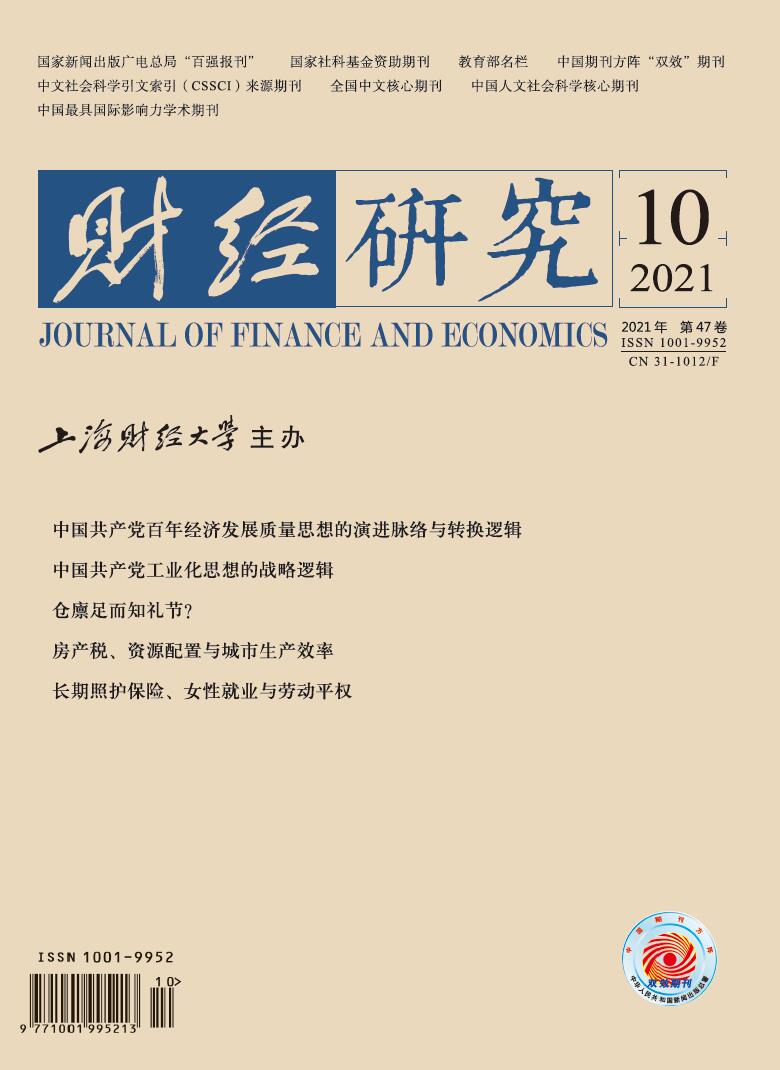In 2011, Shanghai and Chongqing pioneered the property tax reform as pilot cities. Related studies mostly focus on the short-term impact of property tax on housing prices, land prices, finance and industry. Fewer researches pay attention to the impact of property tax policy, as the main mechanism of long-term regulation for the real estate market, on the long-term driving force of urban development in China. Taking Shanghai’s 2011 property tax reform as a quasi-natural experiment, this paper uses the synthetic control method to empirically test the actual impact of property tax on urban productivity in China. The results show that the property tax in Shanghai, owing to its relatively wider tax base and the transitional policy of “incremental levy and retrospective imposition”, has alleviated the irrational growth of housing prices, optimized the industrial capital allocation and labor allocation in Shanghai, and significantly improved the productivity of Shanghai.
This paper may have the following contributions: (1) Using the synthetic control method, we prove that reasonable property tax policy has a positive spillover effect on urban economic efficiency. It enriches the research on the effect of property tax policy, and provides a new perspective for the path of urban productivity improvement. (2) We prove the specific mechanism of Shanghai property tax policy to promote productivity. Property tax can improve urban productivity by restraining speculative demand, especially alleviating the irrational rise of housing prices, and further improving the inter-industry capital allocation structure and labor employment structure. (3) Analyzing the policy detail of property tax in Shanghai and Chongqing, we provide further evidence for the advantages of using a wide tax base with low tax rate approach.






 5024
5024  4212
4212

